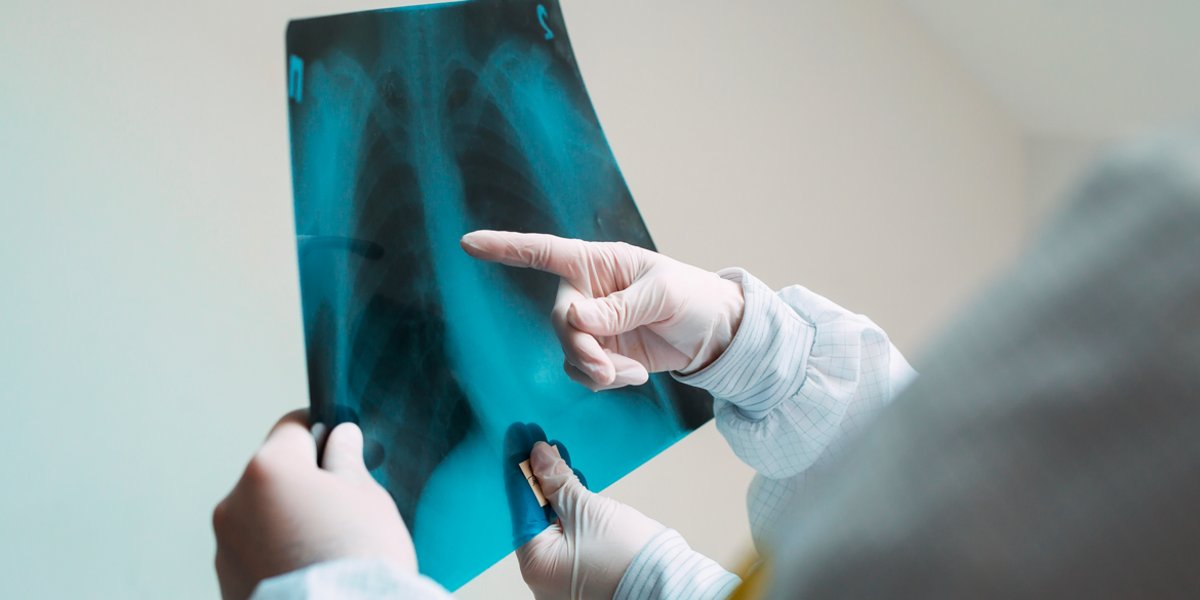Tuberculosis: testing of new treatment begins
Categories : Recherche Politique de recherche
paru le 01-18-2021 (11:00) - Updated on 10-29-2024 (15:57)

Onwards and upwards: the tuberculosis treatment developed at the University of Lille and the Institut Pasteur in Lille has now left the laboratory to begin its first tests on humans. Phase 1 clinical trials, the first of the three major steps required for a treatment to be granted authorisation for use in humans, have just begun. The treatment has been given the code name BVL-GSK098, which stands for BioVersys-Lille-GSK, a reference to the name of the two companies that are developing it, but also to Lille where the invention originated.
Research carried out over many years in Lille had in fact led to the discovery of a means of overcoming the resistance developed by certain strains of tuberculosis bacteria, particularly against one of the main treatments, ethionamide. The molecule now administered to trial volunteers boosts the efficacy of this treatment by bypassing the bacteria’s resistance mechanisms.
This is the first time such a mechanism has been the subject of a clinical trial. This significant step not only brings hope for the treatment of tuberculosis, which kills one and a half million people worldwide every year, but also more generally against the problem of antibiotic resistance developed by pathogenic bacteria, a major challenge for global health in the years to come.
The teams involved in these discoveries are Doctor Alain Baulard, from the Lille Infection and Immunity Center (CIIL¹), and Professors Nicolas Willand and Benoît Deprez, from the Medicines and Molecules for Action on Living Systems research unit (M2SV²).
¹ (Univ. Lille/CNRS/CHU Lille/Inserm/Institut Pasteur de Lille)
² (Univ. Lille/Inserm/Institut Pasteur de Lille)